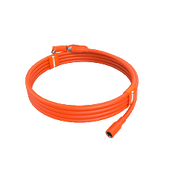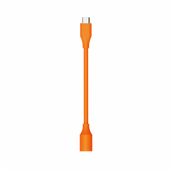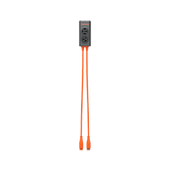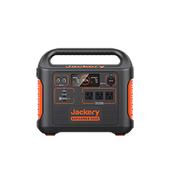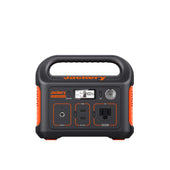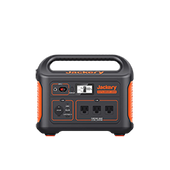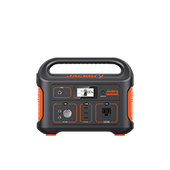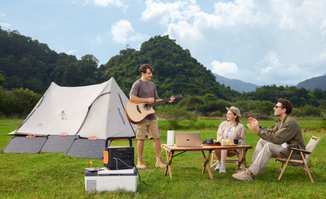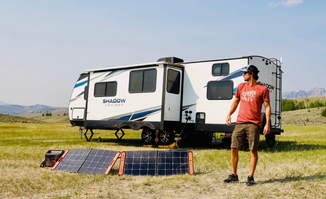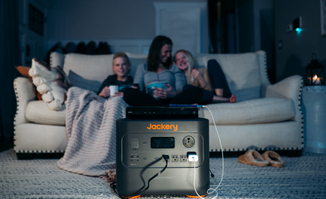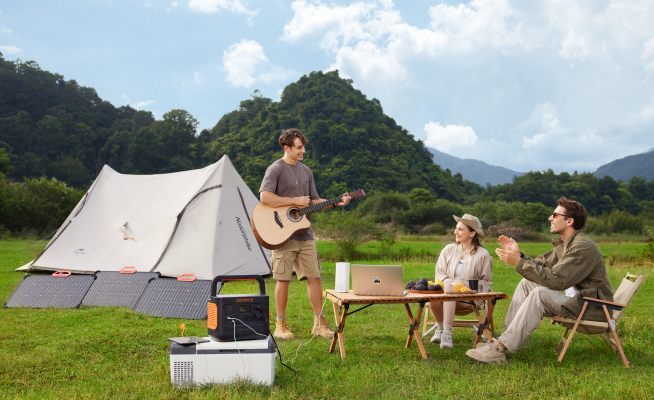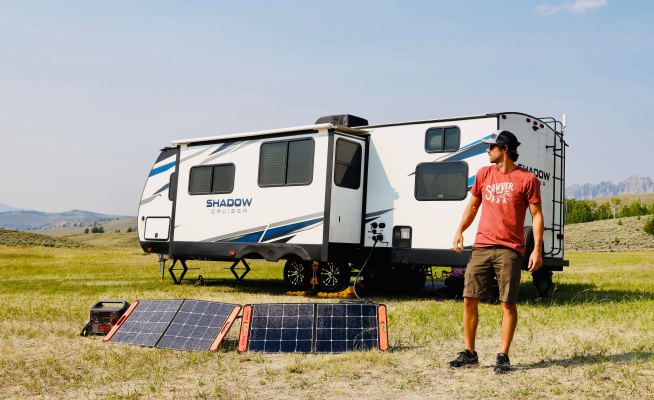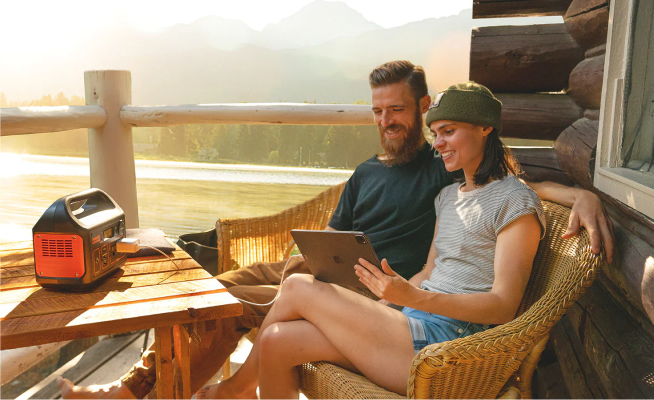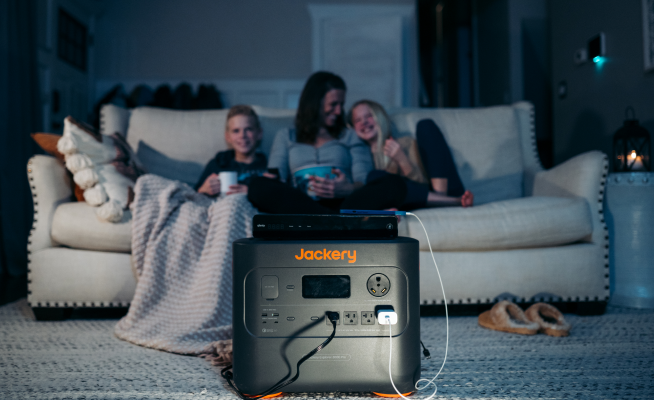Canada's exquisite landscapes beckon exploration, captivating the hearts of its people who cherish the tranquillity of nature. The allure of an off-grid cabin resonates with Canadians, offering an escape to serene and idyllic surroundings. Yet, in the modern era, the electricity demand could be an inescapable aspect of our daily lives. A practical solution that meets power needs without compromising the peaceful coexistence with nature emerges as a solar generator.
It allows residents to revel in the beauty of off-grid living without the intrusion of conventional electricity, fostering a symbiotic relationship between modern comforts and the untouched splendour of Canada's scenic vistas. By embracing this eco-friendly approach, Canadians can fully savour the silent majesty that surrounds their off-grid cottages, ensuring a balance between modern living and the preservation of nature's tranquillity.
Life in An Off-Grid Cabin: Challenges and Difficulties
Off-grid living means choosing a lifestyle outside traditional urban cities without public utilities, e.g., electricity, water, gas, or sewerage. People opting for this lifestyle usually settle in remote areas like forests, mountains, islands, rural suburbs and sometimes a travel bus.
Living in an off-grid cabin could be a challenging lifestyle in a country like Canada, with massive uninhabited land and extreme weather conditions. It involves research, planning, and plenty of resources for execution.
Are you planning to switch towards an off-grid life? Make sure you are aware of the possible challenges coming your way.
- Seasonal Changes
Living in an off-grid cabin exposes you to seasonal changes and environmental factors. Winters in Canada could be incredibly harsh. For instance, the Northwest Territories' temperature could drop from -20 °C to -40 °C (-4 ° F to -40 ° F)[1], making heating a paramount concern. Wood stoves are practical but can follow drawbacks like potential air pollution and health issues.
In the meantime, the limited electricity access could pose challenges for cooling in remote locations, calling for new power solutions for fans or even air-conditioning for comfort. Balancing the seasonal variations requires strategic planning and adopting eco-friendly technologies, like utilizing the best portable power station fueled by renewable energy. It ensures comfort without compromising the off-grid, self-sufficient lifestyle.

- Communication Problems
Canada has vast patches of uninhabited land covered by forests, mountains, and other breathtaking landscapes. An off-grid cabin in these scenic remote regions sounds like a great idea, but it also comes with the enormous challenges of reliable communication modes.
Off-grid communities are usually located far from cell towers and fibre optic cables, leaving them with little or no cell phone coverage and no internet. This can become a severe challenge in emergencies when contacting police, forest department, or rescue services is unavoidable. Also, a reliable internet service is mandatory if you plan to study online or switch to remote work.
- Encounter With Wildlife
Canada hosts a diverse range of wildlife. It's a regular occurrence for the residents of Yukon, Alberta, and British Columbia to encounter wild animals in their daily lives. However, encounters with wild animals like polar bears, wood bison, and grizzlies could threaten human life if not tackled with due protocols.
Therefore, it is wise to research the local wildlife, their behaviour, and potential risks before moving into their habitat. Using warm-toned outdoor lights or motion sensor-activated lights outside your off-grid cabin could be extremely helpful in managing wildlife interactions without harming the surrounding environment.
- Maintenance and Repairs
Your off-grid cabin may look tiny in the vast wilderness, but it still needs a regular household's utilities to function correctly. An off-grid lifestyle comes with a lot of self-reliance and freedom but also with numerous maintenance and repair challenges.
Living in an autonomous house involves managing independent systems for electricity, water, and sewerage disposal. Understanding these systems' complexities and technical workings requires specialized skills and massive hard work. You may still need a qualified technician or repair parts, which could be a substantial logistic hassle and extremely expensive in the long run. A reliable off-grid solar-powered system can reduce your reliance on external support, bringing a lot of ease and significantly reducing your maintenance burden.
- Water Management
Like a regular urban house, water is an essential feature of an off-grid lifestyle. Living in remote locations may suggest your primary water source will be lakes, wells, streams, or surface water. The availability of these sources depends upon the seasonal rainfall, groundwater levels, and surface water quality. This water may not be suitable for drinking directly; also, when all the water sources are frozen in extreme winters, one needs a power energy source to keep the hot off-grid water running in freezing temperatures.
To maintain an off-grid water system with clean and usable water, you need to invest in a water filtration and heating system. Off-grid water supply is usually limited and may need lifestyle modifications such as water modifications, composite toilets, and shorter showers for a sustainable lifestyle.
Go Off-Grid Sustainably With Solar Power
A solar-powered system absorbs the sun's radiations and converts them into a usable power supply with the help of solar panels. As suggested by name, an off-grid solar energy system operates independently of the national grid. It is a self-sufficient energy solution that generates reusable energy that you can store in batteries for later use.
The benefits brought by off-grid solar kits are enormous, which make them a viable and sustainable choice for those who want to switch to off-grid living:
- Energy Independence
The most notable advantage of off-grid solar power systems is complete independence from grid-tied electricity. Solar generators come with varied power capacities, which can quickly fulfill all the power needs of your off-grid cabin. This system is composed of solar panels with portable power stations to store electricity, which can be used in a lot of ways:
- HVAC System: Solar-powered energy can easily integrate with the HVAC system of your off-grid house so you can enjoy warm winters with heaters and insulation systems. In summer it gives you the ease of fans and air-conditioners without massive electricity bills.
- Electrical Appliances: Going outside during heavy snowfall or extremely low temperatures is impossible. Run your kitchen appliances with solar-powered energy to cook warm meals, reheat food, and enjoy hot beverages.
- Outdoor Lighting: Brighten your outdoor spaces and surroundings around your off-grid cabin to enjoy bonfires, BBQs, and game nights with your family.
- Charging Communication Devices and Other Accessories
A solar-powered energy system lets you charge your phones, cameras, and other communication devices. You can keep connected with the rest of the world from the comfort of your off-grid cabin. Emergencies are easy to handle, and you can study, work, or enjoy your favourite programs in the most remote locations.
- Safety and Security
A house should be able to provide shelter and safety to its inhabitants. Using a solar-powered energy system ensures maximum protection from dangerous and intrusive wildlife:
- Light Fixtures: Strategically placed solar-powered lights around the premises of your house can deter wild animals, such as polar bears, wolves, and grizzlies, who avoid bright illumination.
- Alarms and Motion Sensors: Lights and alarms triggered by movement can disorient animals, causing them to retreat.
- Low Maintenance
Off-grid solar-powered systems are usually low maintenance. You only have to regularly inspect your solar panels for dust, snow, and anything else affecting their efficiency. Keep track of your battery health and charging cycles to avoid sudden power outages. To save time and money on heavy maintenance, familiarize yourself with basic troubleshooting skills to tackle the most common issues yourself.
- Off-grid Water Supply
Solar generators also play a crucial role in supporting off-grid water supply systems. They allow continuous water pump operation that draws water from wells or other sources. The water filtration system is powered to filter impurities, while the heating system is prepared to provide warm water for your hot coffee.

Jackery's Solutions to Empower Your Off-Grid Cabin Life
Knowing what off-grid cabin living needs are, we at Jackery focus on developing robust, efficient, and quiet solar solutions. To illustrate, let's see two options: Jackery Solar Generator 500 and Jackery Solar Generator 2000 Plus.
- Jackery Solar Generator 500
Jackery Solar Generator 500 is well-suited for off-grid living with relatively low electricity demands, and it garnered market favour due to the following features.
- Quality Lithium-ion Battery: It has a 518Wh capacity battery with a 500W inverter, capable of supporting mainstream electronic appliances such as lamps, small fridges, space heaters and more.
- Fast Charging: When coming with one Jackery SolarSaga 100W Solar Panel, it takes 9.5 hours to charge fully. Depending on the weather conditions, you can also set it with an AC adapter and car outlet.
- Lightweight Structure: Portable, light, and easy to carry, this kit (involving one Jackery Explorer 500 Portable Power Station and one Jackery SolarSaga 100W Solar Panel) weighs roughly 10.69kg.
- Multiple Ports: Built with seven different output ports(USB output, AC output, and DC output), it offers the convenience of powering various outdoor devices at the same time.
With a working volume of less than 37.9 dB, it is an ideal recommendation for utilizing free renewable energy, making it a perfect generator for home and outdoor usage with modest electricity requirements.
- Jackery Solar Generator 2000 Plus
Suppose you have larger power needs in your off-grid cabin or prefer an adjustable battery capacity for plans. In that case, Jackery Solar Generator 2000 Plus stands as one of your best choices.
- Advanced LiFePO4 Battery: With an off-grid lifestyle in consideration, it is equipped with an outstanding LiFePO4 battery, which delivers a mega 2kWh to 24 kWh capacity with additional battery packs. This power is enough for an off-grid house to function smoothly.
- Rapid Charging Speed: It requires 6 hours to achieve a complete charge when utilizing 6 Jackery SolarSaga 100W solar panels and 2 hours with an AC adapter. The diversity in charging methods ensures you always have an ample power supply.
- Guaranteed Sustainability: With zero carbon footprint, Jackery portable solar-powered devices have a TÜV carbon neutral certification, meaning no negative impact on the natural landscape and surrounding environment.
- Mobility and Versatility: This portable device can be easily carried to the most remote locations. It doesn't matter if you live in an off-grid cabin or travel in your caravan; a solar-powered system is always viable for powering homes and as a motorhome generator.
The high-power capacity of Jackery Solar Generator 2000 Plus fulfills all the possible needs of an off-grid house, including but not limited to powering kitchen appliances, charging electronic devices, supporting lighting systems, and meeting various energy requirements for sustained off-grid living. To enjoy an uninterrupted power supply regardless of location and weather conditions, consider investing in a power backup.
Conclusion
Off-grid dwellings in Canada are constantly evolving. From small off-grid cabins in the woods to planned mobile home parks, people are moving towards sustainable living. It is a challenging but enriching lifestyle for those who are flexible, resourceful, and willing to put in some sheer hard work. Once you have decided where you would like to live, consider investing in a high-performing and sustainable off-grid power system to live a smooth and comfortable off-grid life.
Jackery has more than one ideal off-grid solar-powered solution. They help empower you to quit the hustle and bustle of modern urban cities and live your dream life in a cozy, off-grid retreat like you have always imagined.






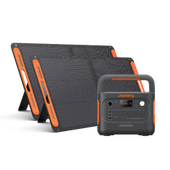


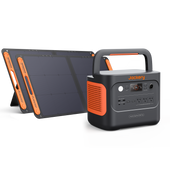

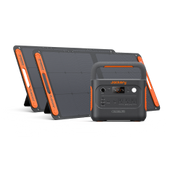
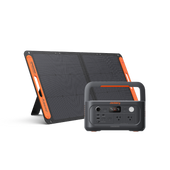
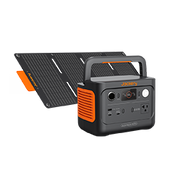
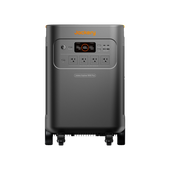
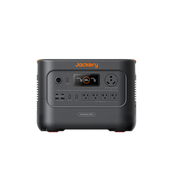
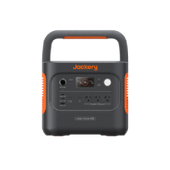
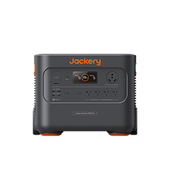
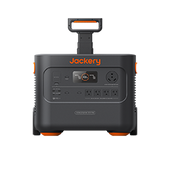

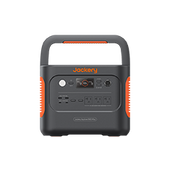
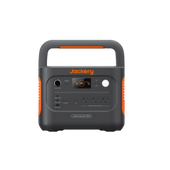
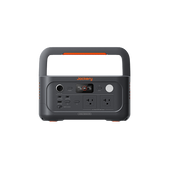
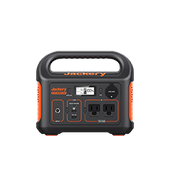
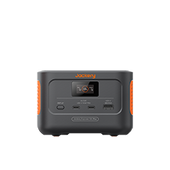
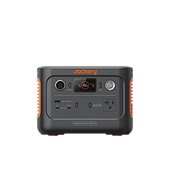
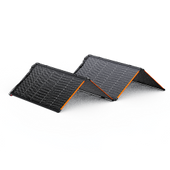
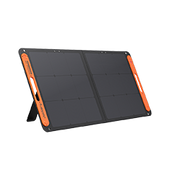

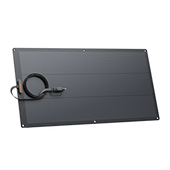
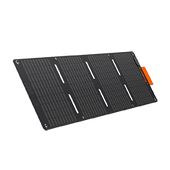
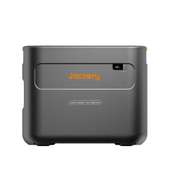
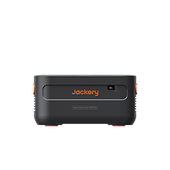
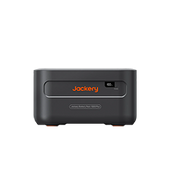
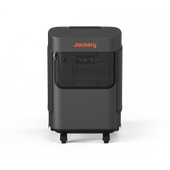
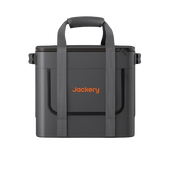
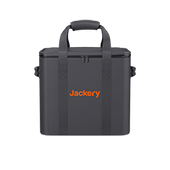
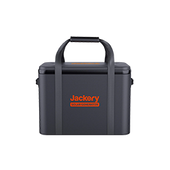
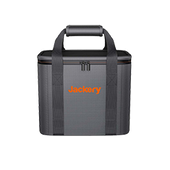
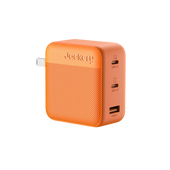
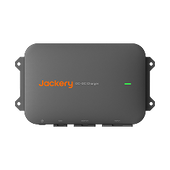
![[Add-on] Jackery Manual Transfer Switch for Explorer 5000 Plus](http://ca.jackery.com/cdn/shop/files/add-on-jackery-manual-transfer-switch-for-5000-plus-240V.webp?v=1757043692&width=170)
